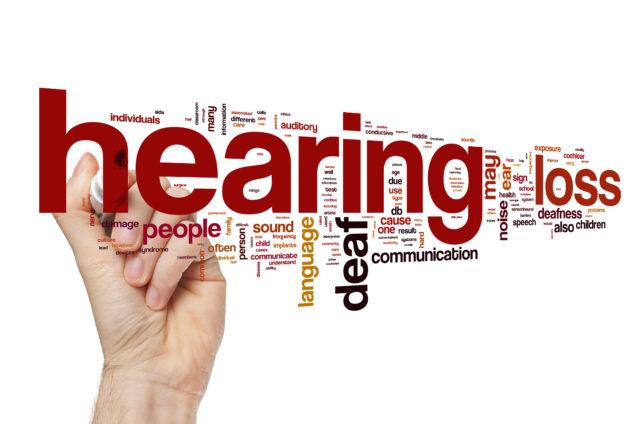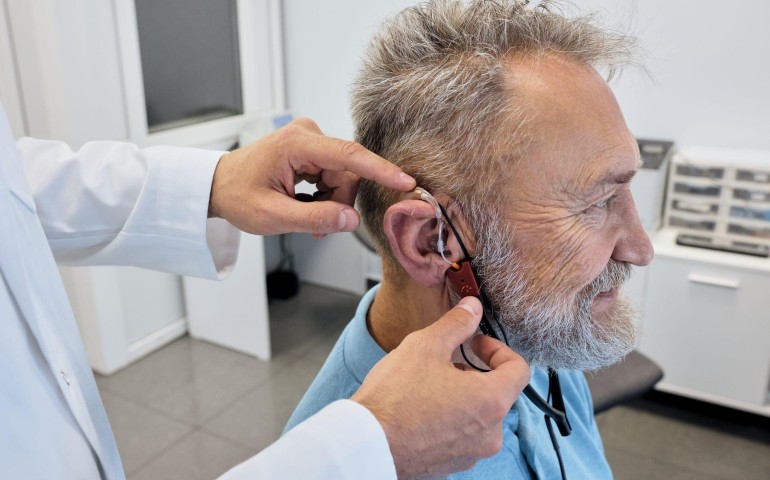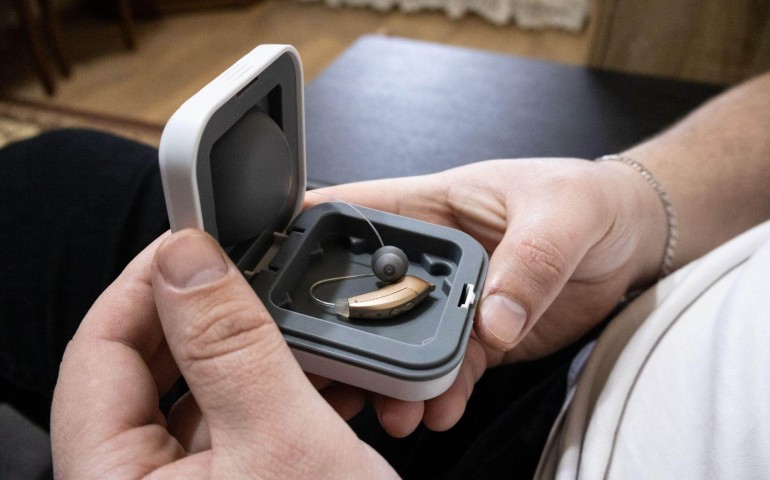When trying to find what caused something, we often go with what seems to be the most obvious. For most of us, it just doesn’t make sense to look out of the box. Sometimes though, subtle signs may give us a hint to gaze towards the unexpected.
1. Heart Disease
A research was done on data from the National Health and Nutrition Examination Survey (NHANES). It had 1,070 subjects. They found that those who performed a lot of physical activity had a lower risk of developing hearing loss.
Our inner ears depend a lot on our supply of blood to function correctly. If something were to cut off this resource, then it most likely will affect with our auditory system. From there it is theorized that heart disease may lead to a sensorineural hearing loss. A weak and ill heart means it’s not able to circulate the blood properly around the body.
2. Diabetes
Diabetes is a disease caused by abnormal levels of sugar in the body. Symptoms of this are slow-healing wounds, frequent hunger and thirst, bad temper, excessive urination, fatigue, weight loss or gain, nausea, and unclear vision.
This condition affects your blood vessels. It is also thought to damage those of your inner ear too. As mentioned earlier, our auditory system needs blood. If there are not enough amounts of it being delivered to the inner ear, then this may result in an impairment in hearing.
3. Medicine
To make it clear, not all medications can induce hearing loss. Those that do though are called ototoxic drugs. These vary in kind and majority of their effects to the ear are temporary, but some cases are permanent.
When prescribed to take a medication, always ask your doctor what the side-effects are. If it is ototoxic, then ask the healthcare expert if taking it outweighs your ability to recognize the sound. You may also inquire about how you can minimize its consequences to the ears.
4. Weight Issues
Additional mass on the body puts pressure on capillaries of the body. This process ends up harming them and messes with their ability to transport blood. This will then have an impact on how much blood can get to the inner ear.
5. Stress
A survey done during one of the months of 2017, showed that about 75 percent of Americans experienced acute stress for at least one time. This is a feature in our body that was once very useful to our survival. Nowadays, it can be harmful to a person living in modern society. This is especially true if this happens on a day-to-day basis, resulting in chronic stress.
A short episode wouldn’t hurt you that much. It’s frequent occurrences that can be bad for you. Adrenaline is produced during this, and it restricts the circulation of blood in the body. Having this often produced would mainly affect how blood is delivered. By now you know what happens when the inner ear is deprived of this.
Hearing loss was once believed to be an isolated condition. Now, science tells us otherwise. This should encourage us to stay healthy in all departments of our physiology. For more tips on how to care for your hearing, call Beltone DFW at (888) 958-8432.






